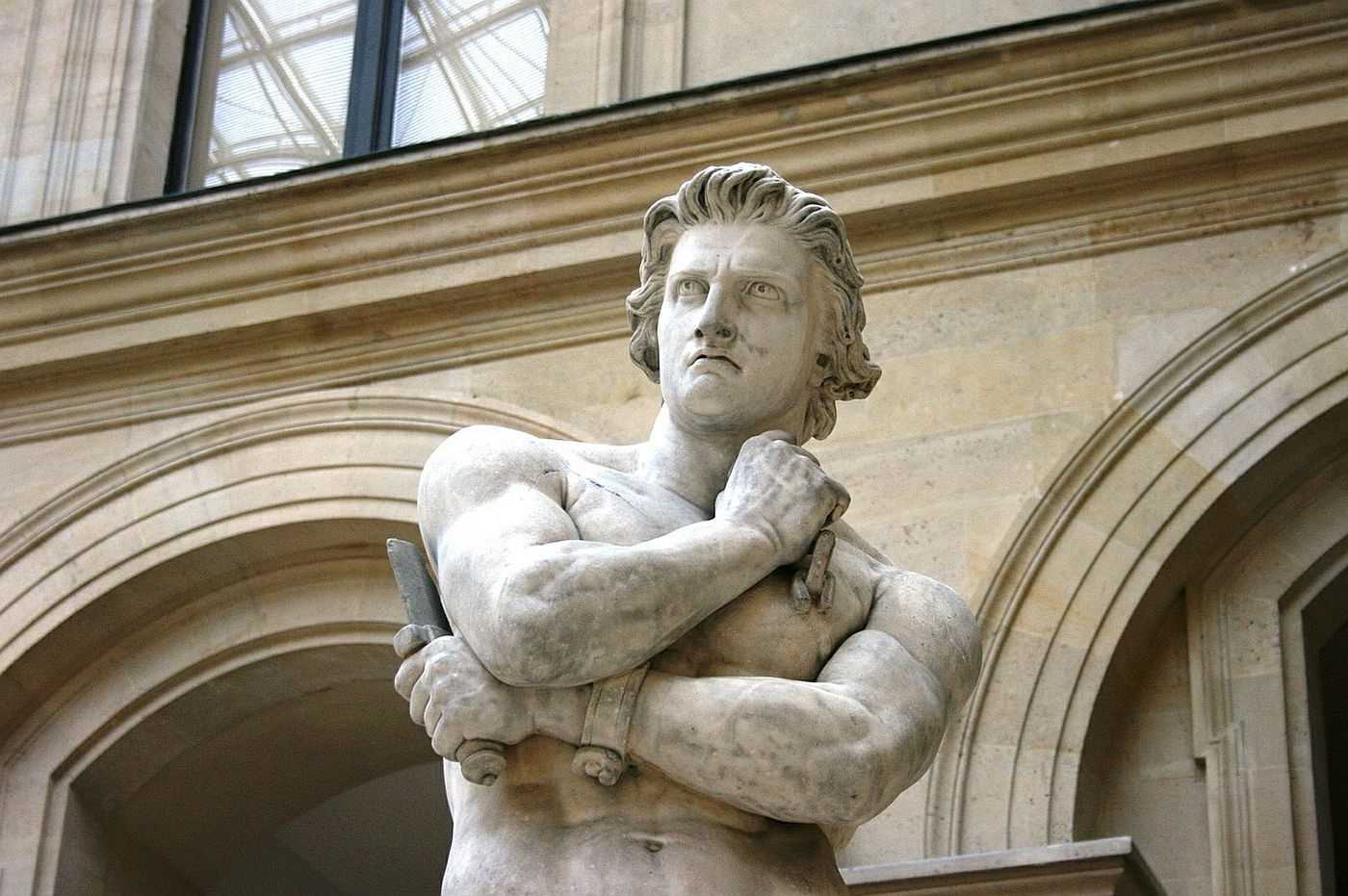
Who was Spartacus? Spartacus was a Thracian gladiator who led a major slave uprising against the Roman Republic. Born around 111 BCE, he was captured and sold into slavery, eventually becoming a gladiator. In 73 BCE, he and about 70 other gladiators escaped from a gladiatorial school in Capua. They formed a rebel army that grew to tens of thousands of escaped slaves. Spartacus's army won several battles against Roman forces, causing panic in Rome. Despite his efforts, Spartacus was eventually defeated in 71 BCE by Roman legions led by Crassus. His legacy endures as a symbol of resistance against oppression.
Spartacus: The Gladiator Who Defied Rome
Spartacus, a name synonymous with rebellion, has fascinated historians and storytellers alike. This Thracian gladiator led a massive slave uprising against the Roman Republic. Let's dive into some intriguing facts about his life and legacy.
-
Spartacus was originally from Thrace, a region in Southeast Europe. He was likely a soldier before being captured and sold into slavery.
-
He was trained as a gladiator in Capua, Italy. Gladiators were often slaves or prisoners of war, forced to fight for entertainment.
The Rebellion Begins
Spartacus's revolt wasn't just a spontaneous act of defiance. It was a well-organized and strategic campaign against Roman oppression.
-
In 73 BCE, Spartacus and about 70 other gladiators escaped from a gladiatorial school using kitchen utensils as weapons. They seized more effective arms from a nearby wagon.
-
The initial group of escapees quickly grew. Thousands of slaves joined Spartacus, swelling his ranks to an estimated 70,000 to 120,000 at the height of the rebellion.
Military Tactics and Battles
Spartacus proved to be a formidable leader and tactician, often outsmarting the Roman legions sent to capture him.
-
Spartacus's army defeated several Roman forces. His tactics included guerrilla warfare, ambushes, and clever use of terrain.
-
One of his most famous victories was against the Roman praetor Gaius Claudius Glaber. Spartacus's forces trapped Glaber's troops on Mount Vesuvius and launched a surprise attack.
The End of the Rebellion
Despite their successes, Spartacus and his followers faced overwhelming odds. The Roman Republic was determined to crush the uprising.
-
In 71 BCE, the Roman general Marcus Licinius Crassus was given command to end the rebellion. Crassus employed harsh measures, including decimation, to discipline his troops.
-
Spartacus's final battle took place near the Silarus River. Despite a valiant effort, his forces were defeated, and Spartacus was killed in combat.
Legacy and Cultural Impact
Spartacus's story didn't end with his death. His legacy has endured through centuries, inspiring countless works of art, literature, and film.
-
The 1960 film "Spartacus," directed by Stanley Kubrick and starring Kirk Douglas, is one of the most famous adaptations of his story. It won four Academy Awards.
-
Spartacus has become a symbol of resistance against oppression. His name is often invoked in discussions about freedom and human rights.
Historical Debates and Mysteries
Despite his fame, many aspects of Spartacus's life remain shrouded in mystery and debate among historians.
-
Some historians believe Spartacus aimed to escape Italy and return to his homeland. Others argue he sought to overthrow the Roman Republic entirely.
-
The exact location of Spartacus's grave remains unknown. His body was never identified after the final battle, adding to the mystique surrounding his life.
Spartacus's story is a testament to the enduring human spirit and the quest for freedom. His rebellion, though ultimately unsuccessful, left an indelible mark on history.
Spartacus: A Legacy of Defiance
Spartacus remains a symbol of resistance and courage. His story, marked by his leadership in the Third Servile War, continues to inspire. Spartacus wasn't just a gladiator; he was a beacon of hope for the oppressed. His rebellion against the Roman Republic showcased the power of unity and the fight for freedom. Even though his uprising was ultimately crushed, Spartacus's impact on history is undeniable. His legacy lives on in literature, film, and popular culture, reminding us of the enduring human spirit. Spartacus's tale isn't just about battles and bloodshed; it's about the relentless pursuit of justice. His name echoes through time, a testament to the strength and resilience of those who dare to challenge tyranny. Spartacus's story is a powerful reminder that the fight for freedom is never in vain.
Was this page helpful?
Our commitment to delivering trustworthy and engaging content is at the heart of what we do. Each fact on our site is contributed by real users like you, bringing a wealth of diverse insights and information. To ensure the highest standards of accuracy and reliability, our dedicated editors meticulously review each submission. This process guarantees that the facts we share are not only fascinating but also credible. Trust in our commitment to quality and authenticity as you explore and learn with us.


